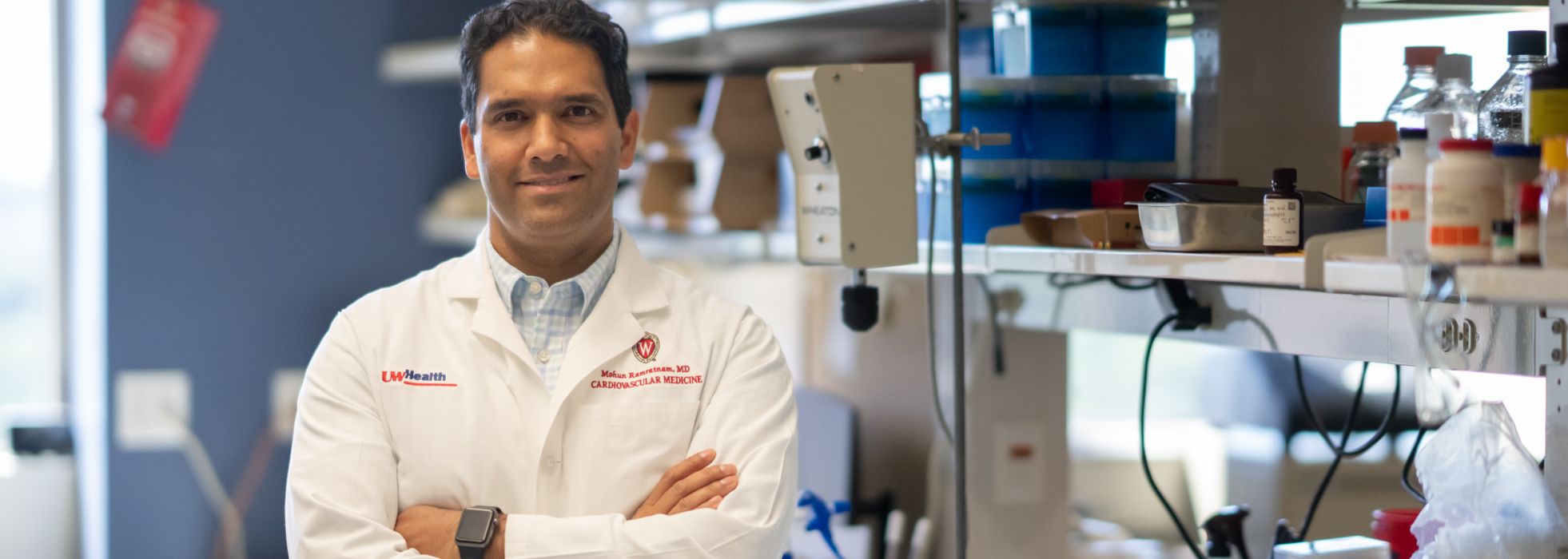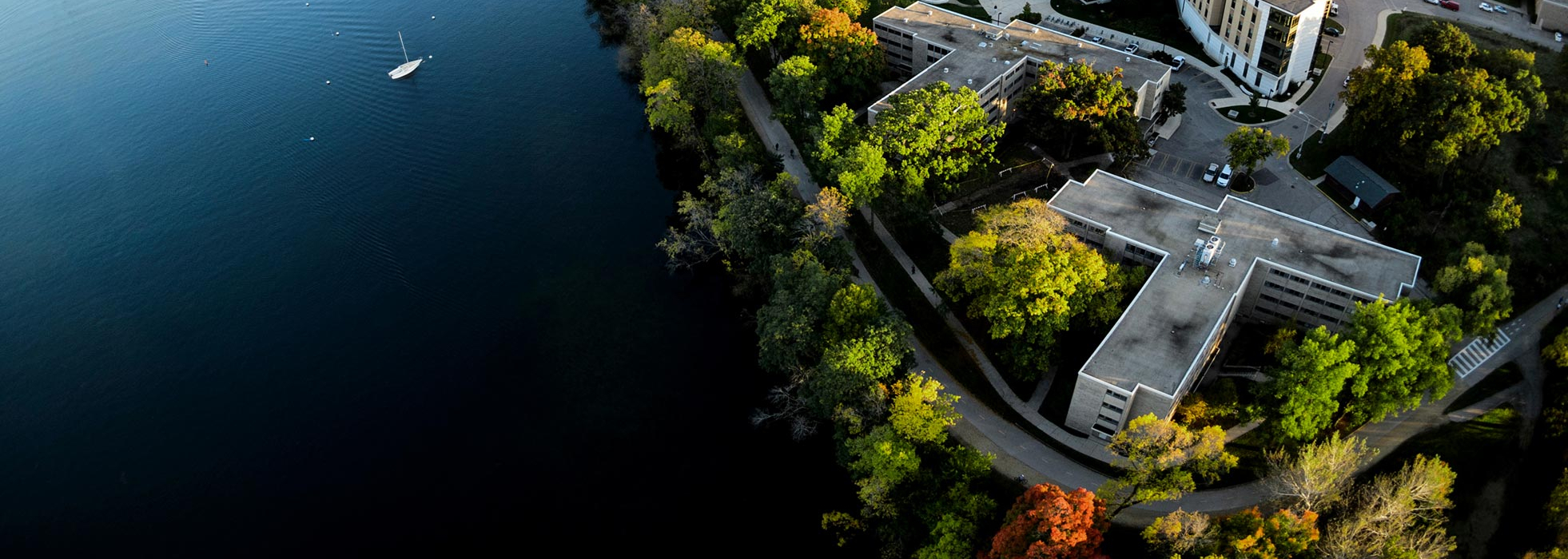Cardiac Metabolism and Pathways
Mohun Ramratnam, MD, is an interventional cardiologist and physician-scientist whose research focuses on understanding cardiac metabolism and its impact on human health. He runs a translational research program that seeks to uncover and target novel metabolic pathways for the treatment of cardiovascular disease.
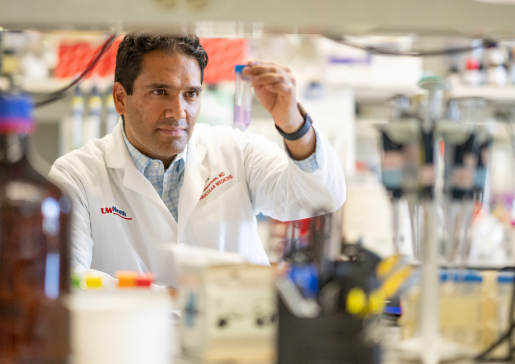
New Treatments for Ischemic Heart Disease
Ischemic heart disease is prevalent, costly, and deadly. Despite major advances in medicine, it remains a large burden to society. Dr. Ramratnam's laboratory studies important pathways in mitochondrial and metabolic physiology to discover novel therapies for ischemic heart disease.
Research Team
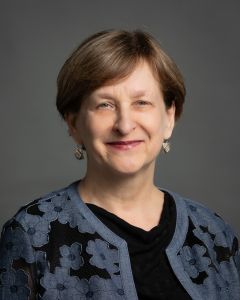
Research Specialist
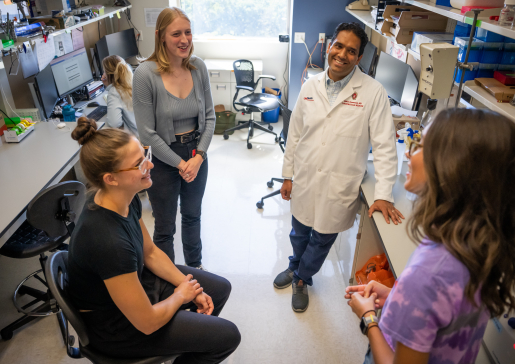
If you are interested in collaborating, please email Dr. Ramratnam.
Active Projects
- Targeting the Mitochondrial Sulfonylurea Receptor for Cardio-Protection
The cardiac sulfonylurea receptor is a regulator of cardiac metabolism. Recently, a unique splice variant was identified in mitochondria. Dr. Ramratnam’s laboratory studies the mitochondrial sulfonylurea receptor isoform and its role in cardio-protection.
- The Physiologic Significance of the ROMK Channel in Heart
The renal outer medullary potassium channel (ROMK) is an ATP sensitive inward rectifying potassium channel. While originally found in kidney tissue, the channel also resides in the mitochondria of heart. However, the physiologic significance of heart ROMK is unknown. Activation of an ATP sensitive mitochondrial potassium channel in heart promote cardio-protection. Thus, my laboratory seeks to understand if ROMK is a mediator of cardio-protection.
Funding Support
Dr. Ramratnam is funded by a VA Biomedical Science Career Development Award and through support from the University of Wisconsin Division of Cardiovascular Medicine.
